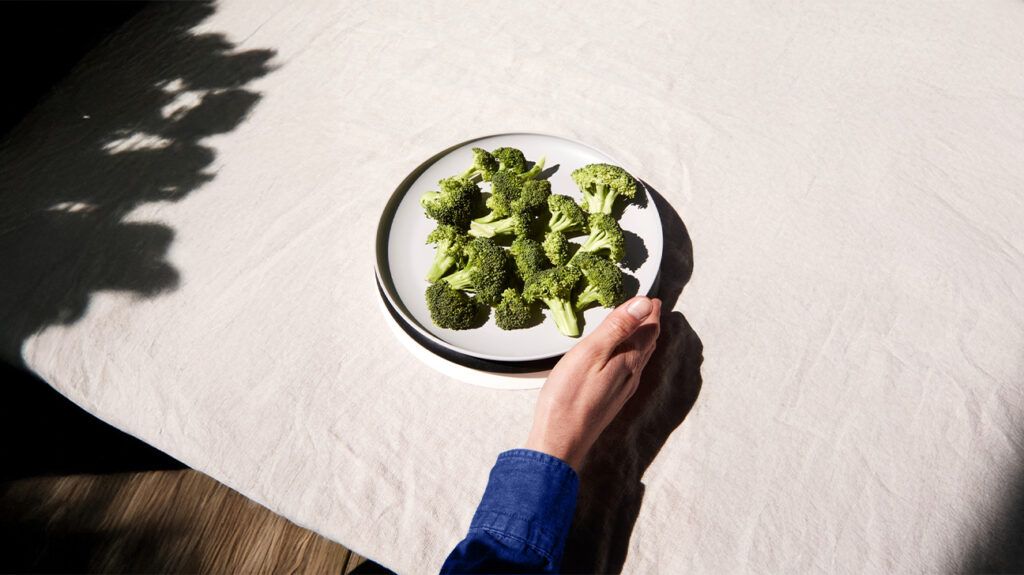Do Oranges, Garlic, and Echinacea Really Help Prevent Cold and Flu?

Learn how a balanced diet, including fruits rich in vitamin C, garlic, and echinacea, along with healthy lifestyle habits, can support your immune system during cold and flu season.
As the cold and flu season peaks, many seek natural ways to bolster their immune defenses. While no single food or supplement can automatically prevent illness, maintaining a balanced lifestyle is key to a resilient immune system. Consistent habits such as adequate sleep, regular physical activity, stress management, gut health support, and eating a diverse array of nutrient-rich foods play vital roles.
Fruits and vegetables, especially during autumn and winter, are rich sources of essential vitamins, minerals, and antioxidants that support immune are functions. Orange, along with berries, kiwi, capsicum, broccoli, and leafy greens, are excellent sources of vitamin C. While taking vitamin C supplements doesn't prevent infection outright, adequate intake may help reduce the severity and duration of cold symptoms if taken regularly. Including these in your diet—whether fresh or frozen—can aid your immune health.
Regarding garlic and echinacea, these herbs have gained popularity as natural remedies. Garlic may stimulate immune function, and echinacea could provide antioxidant and antibacterial benefits. However, scientific evidence supporting their effectiveness is mixed and weak. These supplements should complement, not replace, proven health practices like maintaining a balanced diet and lifestyle.
Zinc is another important nutrient linked to immune support, with some evidence suggesting that zinc at the onset of cold symptoms may shorten illness duration. Good food sources include meats, shellfish, legumes, dairy, nuts, and seeds. Vitamin D also plays a crucial role in immune health, especially during winter months when sunlight exposure is limited. It can be supplemented via moderate sun exposure and foods such as eggs, mushrooms, fortified milk, liver, and oily fish.
While supplements can support immunity in case of deficiencies, they should not replace a nutritious diet. A healthy gut microbiome, sustained by probiotic foods like yogurt, kimchi, and sauerkraut, also significantly influences immune responses.
In conclusion, there is no magic food or supplement to boost your immune system instantly. The best strategy involves a combination of varied, nutrient-dense foods, good sleep, regular activity, stress management, and gut health support. These lifestyle choices collectively help keep your immune defenses strong and ready against infections.
Source: https://medicalxpress.com/news/2025-07-oranges-garlic-echinacea-cold-flu.html
Stay Updated with Mia's Feed
Get the latest health & wellness insights delivered straight to your inbox.
Related Articles
Transforming Hospital Food: The Movement Toward Healthier Choices
Hospitals are transforming their food offerings by promoting healthier options through innovative programs, making nutritious choices more accessible for patients and visitors. Learn how initiatives like the Good Food, Healthy Hospitals are redefining hospital nutrition.
Can Eating Broccoli Reduce Your Risk of Colon Cancer?
Discover how incorporating cruciferous vegetables like broccoli into your diet may help reduce the risk of colon cancer and promote gut health with practical tips from experts.
West Virginia Moves to Remove Artificial Dyes from School Meals Before the New Academic Year
West Virginia implements a law banning seven artificial dyes in school meals, replacing them with natural alternatives, to promote healthier nutrition for students before the new school year.



